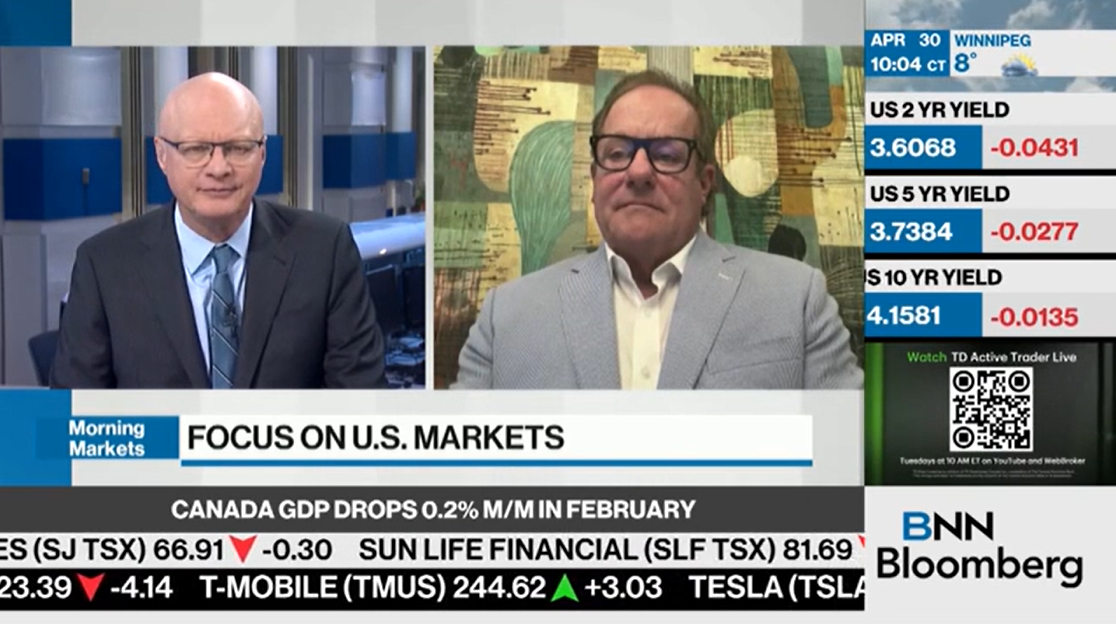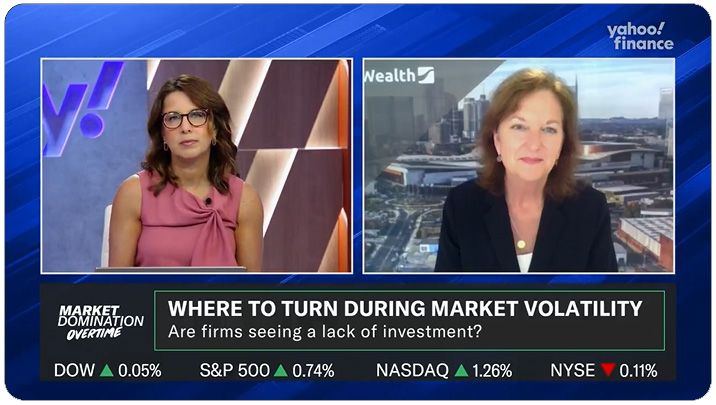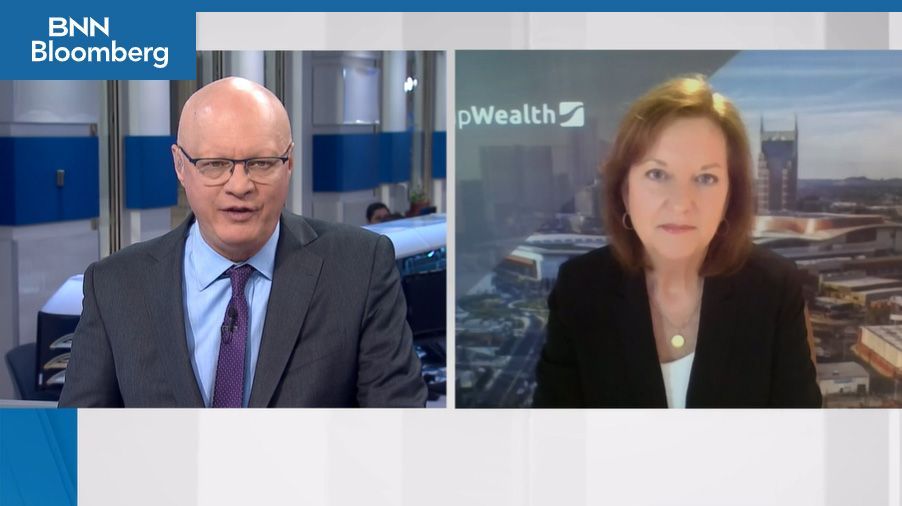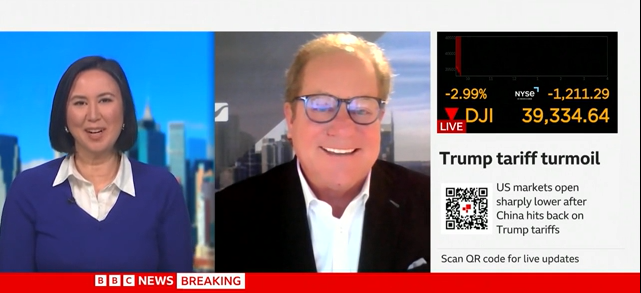Pagliara: Markets a little too bearish for comfort
January 22, 2016
It is abundantly clear that U.S. stock markets have had a rough start thus far in 2016. Volatility seems to be the name of the game — up, down and all around. If you’re a panicky investor, this is the time that your palms start to sweat. If you’re a long-term investor, you are probably buying up whatever stocks you’ve had your eye on for a while. Aside from 2015, the last few years following the recession have been extremely profitable. And many analysts were still very bullish in 2015. So will this be the year of the bear, or is something else causing the current decline?
The bull and the bear are the two iconic animal representations of the U.S. stock market, symbolizing optimism and pessimism, respectively. In a bull market, life is rosy — stock prices are rising, GDP is growing and the economy is just great. On the other hand, in a bear market stock prices are falling, job growth is stagnant and a recession could be looming. Wait a minute, you might be thinking. Isn’t unemployment decreasing? Isn’t GDP growing — slowly, yes, but still going in the right direction? In spite of those positives, the S&P 500 is down about 10 percent in the year to date. This unfortunately makes things appear rather bearish at the moment, even if it may be premature to declare we’re in a bear market.
Let’s go over a few reasons why we’re having this bearish January:
China: Yes, China’s stock markets have fallen quite aggressively in the last few months. But the frenzy around the drop might lead one to assume that China’s economy is in the exact same state as the U.S.’s. And that just simply isn’t the case. We also have to remember that there is always going to be something going on globally that garners a lot of attention. In 2014 it was Ebola, in 2015 it was Greece and it seems that in 2016, it’s going to be China.
Oil prices: A barrel of oil is currently trading at under $30; it was more than $100 a barrel 18 months ago. While the energy sector of the market is surely struggling with this drastic price decrease, the decline is great for consumers. You should be feeling the extra dollars saved at the pump bulging in your wallet. And according to Amherst Pierpont, a fixed-income service provider, for every penny drop in the price of gasoline, $1 billion is added to GDP.
Memories of 2008: Investors often anticipate an oncoming recession when there really isn’t one looming — and for investors today, that dire feeling could be exacerbated by the fact that the collapse of the financial markets in 2008 is still fresh on our minds. A key indicator of a recession would be declining employment and rising unemployment, and neither of those things is happening. Another indicator that we’re vulnerable to a large decline would be if the market had become euphoric in pricing. The S&P 500 today is trading at 15 times earnings, which is right in line with the 60-year average, and is not by any stretch euphoric.
Investing requires intestinal fortitude
As you’ve probably figured out, there isn’t a single reason why we have had such a rough start to the year; rather, it’s a combination of a variety of factors. While it should be reassuring to know that we’re not beset by extremely bleak news, it isn’t easy to watch the stock market slide downward or hear the hue and cry of television pundits. Investing requires intestinal fortitude. While we would all love to have another 2013, when the S&P 500 was up 30 percent, that’s behind us (for now), which is precisely why you and your financial adviser must have a plan in place to buckle down and ride out the bumpy times.
Jennifer Pagliara is a financial adviser with CapWealth Advisors, LLC, and a proud member of the millennial generation. Her column speaks to her peers and anyone else that wants to get ahead financially. For more informationr, www.capwealthadvisors.com.












